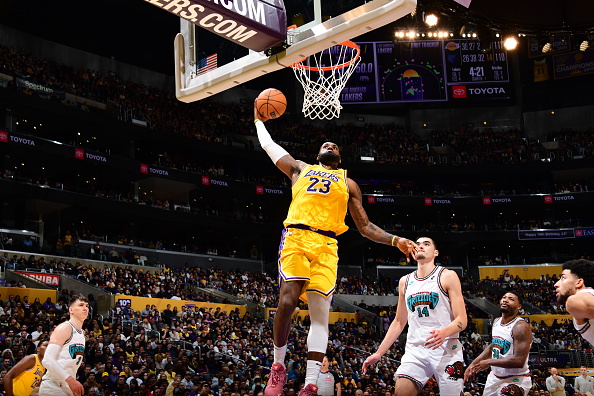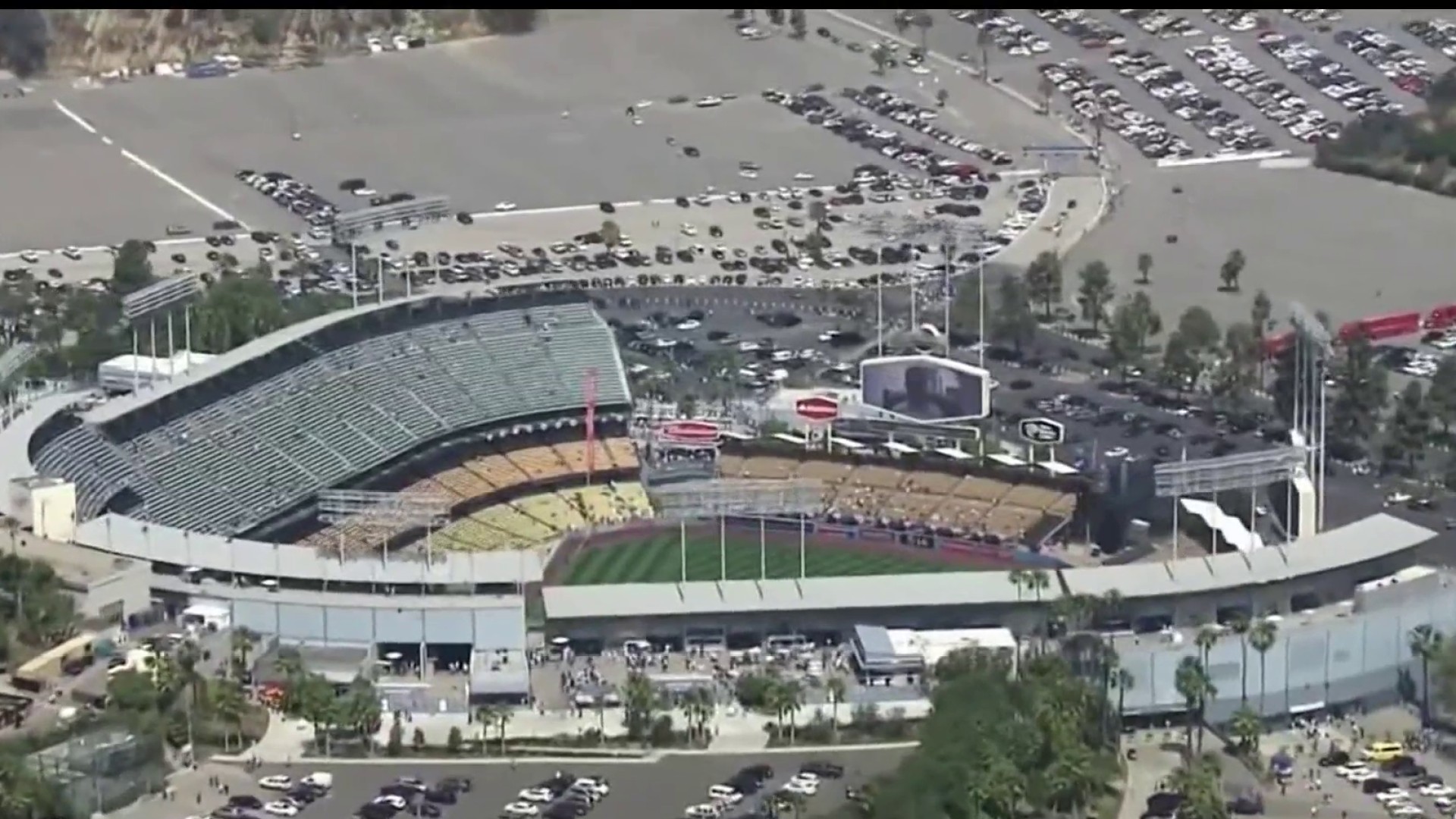The price tag for excessive drinking – in health care, loss of work productivity and other costs – amounts to some $32 billion annually in California, according to a federal study.
Defined as five or more drinks for a man and four or more for a woman, binge drinking causes a large economic burden across the United States, a study issued Tuesday from the Centers for Disease Control and Prevention states.
“Excessive alcohol use has devastating impacts on individuals, families, communities, and the economy,” said CDC Director Dr. Tom Frieden.
“In addition to injury, illness, disease, and death, it costs our society billions of dollars through reduced work productivity, increased criminal justice expenses, and higher healthcare costs. Effective prevention programs can support people in making wise choices about drinking alcohol.”
California, the country’s most populous state, had the highest cost at $32 billion, according to the study. North Dakota had the lowest: $420 million.
The median cost per state for each alcoholic beverage consumed was about $1.91, the CDC stated.
In California, the cost was $2.25 per drink, the study stated, with a cost of $874 per person, ranking behind only four other states and the District of Columbia.
Local
Get Los Angeles's latest local news on crime, entertainment, weather, schools, COVID, cost of living and more. Here's your go-to source for today's LA news.
About 42 percent of the costs were assumed by federal, state and local governments, the study said, while just a little less than that -- 41.5 percent -- was borne by excessive drinkers and their families.
About 18 percent of U.S. adults report binge-drinking, according to a CDC press release, and the behavior accounts for half of the average 80,000 deaths per year from excessive alcohol consumption.
The study, to be published online Tuesday, will be available in the October 2013 issue of the American Journal of Preventive Medicine.
It estimated the economic costs for the states based on a previous CDC study that found excessive drinking cost nearly $224 billion in 2006, with the goal of breaking down costs on a state level because preventative stratgies are largely implemented by states and at the local level.
The authors looked at costs related to workplace productivity, healthcare expenses, criminal justice expenses, automobile crashes and property damage.
UPDATE: In a response to this article issued Tuesday afternoon, a trade association for the alcoholic spirits industry took issue with what it called "prohibitionist policy prescriptions" proposed by a federal preventative sevices task force and referenced by the study authors, including raising alcohol excise taxes. The group said proposals for increased alcohol taxes, limited times of sale, and regulation of outlet density "will not deter binge drinkers."
"A cost-effective alternative -- widely supported by the science -- and currently used by health professionals across the country, is screening and brief intervention targeted to problem drinkers," Lisa Hawkins, vice president of the Distilled Spirits Council, said in an email to NBC4. "This evidence-based approach has long been supported by the spirits industry through partnerships with healthcare professional organizations."

Credit for photo below: flickr/Kevin Bongart
More Southern California Stories:
- 10/110 Connector Closed After LAPD Officer Hurt
- IE Councilman Faces Fraud Charges
- $10K Reward Offered For ID of Carjacker
- Family Tied Up in OC Home Invasion: Victim
- Man Poses as Nurse, Steals Medical Supplies
- Silver Fire Reaches Full Containment
- Police Seek Up-Skirt Photographer in LA Mall
- "Factually Innocent" Teacher Fights For Career



